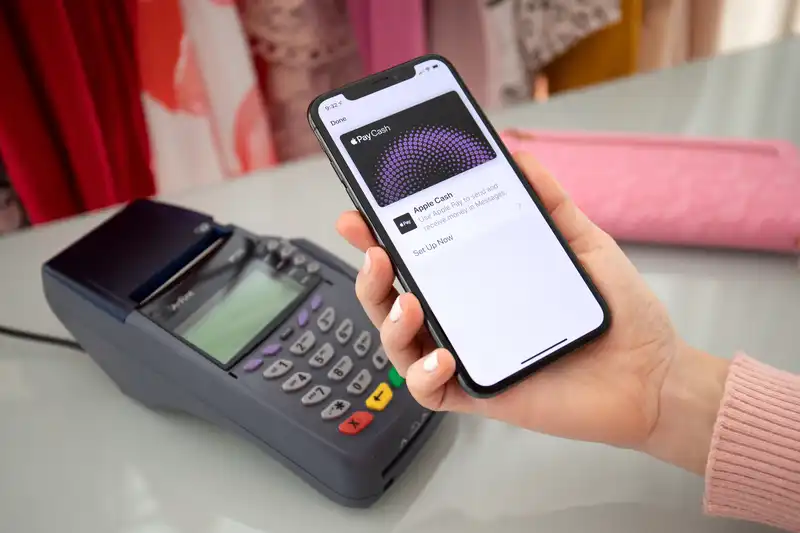The EU has been hounding Apple on a variety of issues, especially after the passage of the Digital Markets Act Specifically, Apple agreed not to lock NFC on the iPhone, allowing third-party developers to access its tap-and-go payment technology
According to the Commission, Apple has made a "legally binding" commitment to allow developers access to its tap-and-go technology This also means that developers will be able to set up Face ID authentication systems, double-tap to activate payment shortcuts, and third-party wallets as default payment apps
Apple may lose some of its Apple Pay and Wallet revenue, but the alternative would have been more costly Apple would have faced antitrust fines of up to 10% of its worldwide annual sales, or the equivalent of about $40 billion
EU Vice President in charge of competition policy Margrethe Vestage said the measures "will promote competition in this important area by preventing Apple from excluding other mobile wallets from the iPhone ecosystem" Vice President Vestage added, "Competitors will be able to compete effectively with Apple Pay for mobile payments using iPhones in stores Consumers will therefore have a wider choice of secure and innovative mobile wallets"
The investigation has been ongoing for years now, during which the Commission "found that Apple abused its dominant position by refusing to provide NFC input for iOS to competing mobile wallet developers" It found Instead, it gave Apple Pay a monopoly on everything, depriving users of the option to use a different payment system
Apple proposed opening up NFC technology earlier this year, and Commision made it public to encourage rival providers to have a say in the final terms The initial terms were subsequently amended and both sides agreed to a set of rules and commitments These commitments will be in force for 10 years and will apply everywhere in the European Economic Area
Of course, the ability to change payment providers depends on whether developers can actually offer an alternative to Apple Pay and Wallet on the iPhone No doubt many developers are interested in that, but it will take time to build and release those services
It is also unclear whether Apple will open this feature to the rest of the EU or whether it will remain an EU-only feature, like the ability to use third-party app stores As the app store issue suggests, Apple is unlikely to pull Apple Pay out of its default position unless absolutely necessary But we will have to wait and see how that turns out










Comments